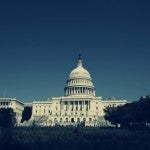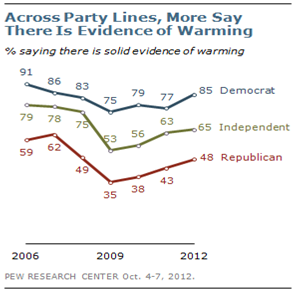(This blog was first posted on EDF Voices)
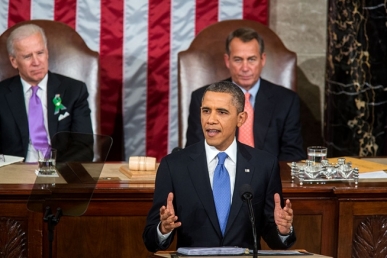 Image: Chuck Kennedy/White House
Image: Chuck Kennedy/White House
I received the following comment about Part 1 of this series that warrants its own blog post.
The politics of climate change is an issue The Nation has covered extensively, and I think many of our readers would wonder why Mr. Gaby, in asserting that Congressional legislation is the only means of taking serious federal action against climate change, ignores the argument (put forth by the Center for Biological Diversity, among others) that President Obama and his EPA Administrator already have the authority under the Clean Air Act to order dramatic reductions in U.S. greenhouse gas emissions.
Congress is one way; it is hardly the only way. And since Congress is now blocked by right-wing intransigence, and since the hour (as Mr. Gaby notes) is already very late, surely it behooves us to deploy a readier tool, no? — Mark Hertsgaard, environment correspondent for The Nation magazine and author of numerous books about climate change, including HOT: Living Through the Next Fifty Years on Earth. Mr. Hertsgaard is also a Fellow of the New America Foundation.
My response:
Because Congress failed to pass comprehensive climate legislation in 2010, and prospects for action in the current Congress are remote, many environmentalists have been focused on steps President Obama can take on his own. And it is true that the President has authority under the Clean Air Act to take significant action to limit greenhouse gas emissions. But while these steps are both necessary and critically important, they do not let Congress off the hook in the long run.
Why? To borrow a line from the 2012 campaign, it’s simple math.
The World Resources Institute recently studied the impact of actions the EPA could take under existing law. In Goldilocks style, they laid out three scenarios – lackluster, middle-of-the-road, and go-getter – based on the aggressiveness of EPA’s approach. Unlike the home-invading blonde of the fairy tale, WRI recommends the most aggressive approach, which would reduce emissions 17% below 2005 levels by 2020. That’s the same level of reductions that would have been achieved by the failed congressional legislation. What’s more, this path would result in a 40% reduction in pollution by 2050.
So what’s the problem? Well, a 40% reduction is only half of what we need to achieve to avert the worst impacts. In other words, we can’t get to a safe climate from here without action by Congress, even under the most aggressive scenario of executive action. As WRI says, “New federal legislation will eventually be needed, because even go-getter action by federal and state governments will probably fail to achieve the more than 80 percent GHG emissions reductions necessary to fend off the most deleterious impacts of climate change.”
Without that level of commitment, we also won’t see other countries achieve the reductions necessary. While about one-third of the world’s economic output is technically covered by some form of greenhouse gas emissions limit, these rules are far from enough to solve the problem. And while growth-hungry nations in Asia are starting to take steps on climate change, they will likely insist on bold action by the United States before moving as aggressively as is necessary.
The most important short term domestic priority for environmentalists should be ensuring that EPA carries out its obligations under the Clean Air Act*. That would cut billions of tons of pollution and buy us critical time in the fight against climate change. But if we are to prevent the worst impacts of artificially altering the Earth’s natural systems, we need Congress to eventually accept its responsibility to protect the nation.
*EDF economist Gernot Wagner has more details on executive actions President Obama can take to tackle climate change.










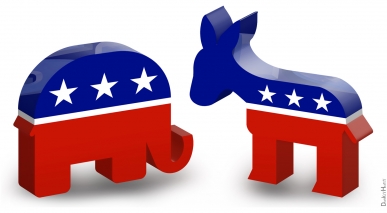 Image by DonkeyHotey/
Image by DonkeyHotey/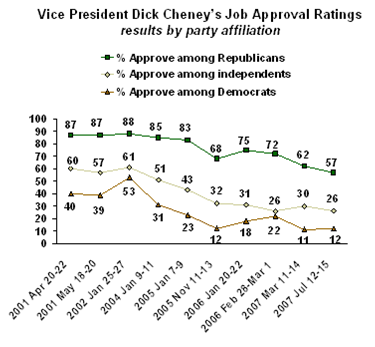 Gallup Poll
Gallup Poll